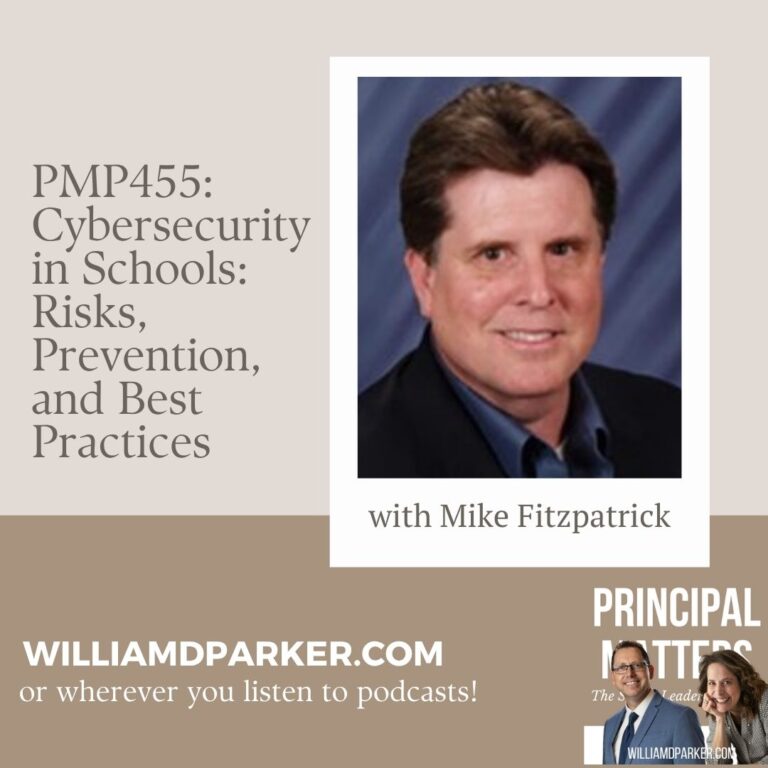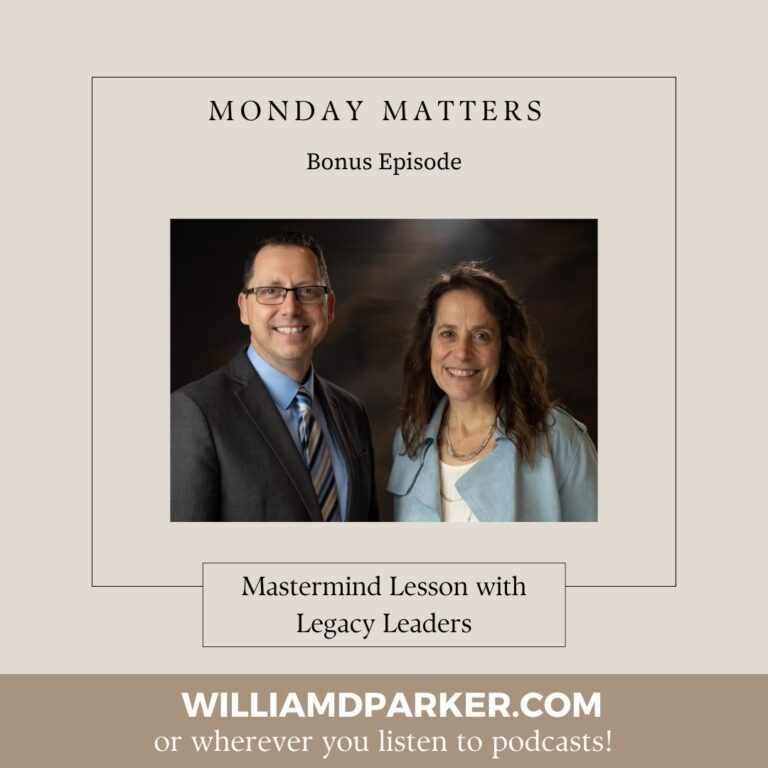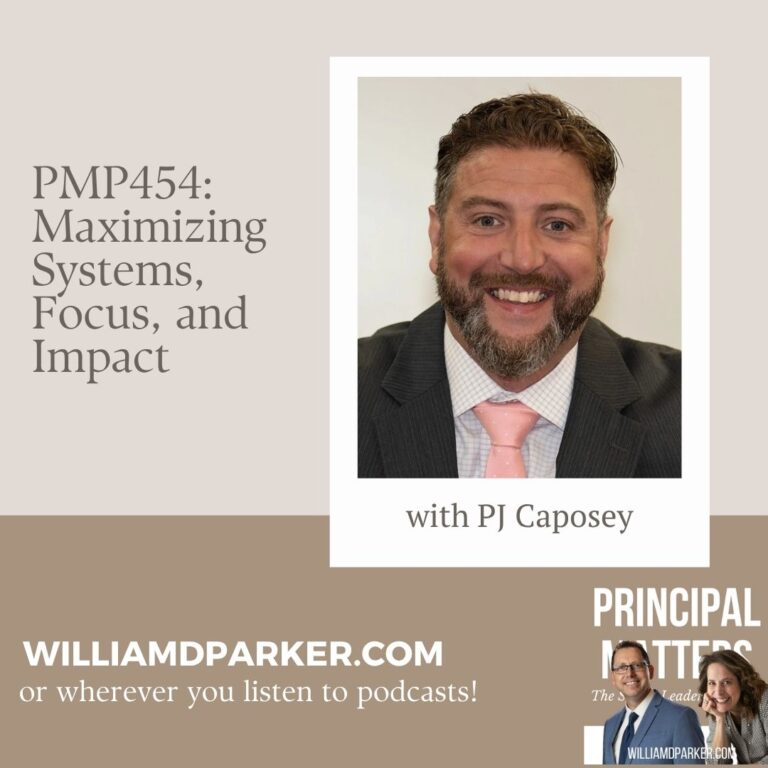Podcast: Play in new window | Download
A couple of months ago, I enjoyed some special time away with my son, Jack.

He had turned 11, and when his older sisters reached that age, my wife took each of them away for a special weekend. Now it was my turn with Jack, and we had fun weekend in historic Eureka Springs, Arkansas. In addition to just having fun together, one of the purposes of these one-on-one conversations is focused time to talk about life, priorities, and choices.
In a world that offers our children a menu of options everyday, I wanted Jack to understand that his choices must be based on something greater than what is convenient or fun in-the-moment. We talked about why it is important to learn patience and self-control…how the benefits of self-denial outweigh the temptations of self-gratification.
When I talked to Jack about how self-denial plays out in the life of a boy his age, I shared an illustration I have heard both from Tim Elmore and Seth Godin in presentations: The “Marshmallow Test.”
This was an experiment conducted decades ago by Walter Mischel in a series of moments with children measuring the effects of delaying self-gratification; one he also shares in his book.
You can see an example in this video.
In Mischel’s research children were secretly video-taped sitting alone in a room with a marshmallow on the table. An adult would promise a child that he or she could earn another marshmallow if the child could resist eating the first one until the adult returned minutes later. Over and over again, these children struggled with the task of not eating what was right in front of their noses.
Some of them were much more successful than others at delaying gratification. Others just gave in and devoured the tempting sweet.
Decades later, researchers followed the children who exercised the most self-control, and they found the following: “…children who were able to wait longer for the preferred rewards tended to have better life outcomes, as measured by SAT scores, educational attainment, body mass index (BMI), and other life measures” (Source).
The Power of Human Flexibility
Although Walter Mischel’s Marshmallow Test is often cited as pivotal research confirming how self-denial is a great predictor of future success or productivity, his research also points to something even more complex.
In a June 2016 episode of Invisibila entitled The Personality Myth, Mischel was interviewed about the larger implications of his research: namely, he explained a lesson often missed by people studying his research. When looking at children who were asked to delay gratification when presented with marshmallows or Oreos, Mischel says the outcomes also point to the power of human flexibility.
He explained that when children in his research were given Oreos and then given permission to imagine them as “not really there” but only pictures of the real treats, they were able to delay gratification more through this practice.
What are the implications of “human flexibility”? Here’s his point: All of us have the ability to re-frame situations or incidents so that we see them from different perspectives. In fact, as Mischel explains, no human should consider himself or herself a captive to his or her biology or experiences.
In other words, each of us has an amazing capacity for re-focusing, re-framing, or changing the way we think, and thus, changing the way we behave. For most of us, this is common sense. But it’s also a good reminder that we can actually learn the behaviors necessary for best handling life, challenges, or situations.
The good news? Self-denial or self-control are not inherently connected to personality; these traits can be taught.
5 Implications of Self-Control
Talking about self-denial and self-control may seem old-fashioned. But if learning to control our thoughts, behaviors, and actions is essential to reaching goals and a predictor of future success, then perhaps we should take a fresh look at the benefits.
Here are five ways I believe self-control affects our roles as individuals, educators or school leaders:
1. Self-control means not being captive to the urgent but staying focusing on targeted outcomes.
Ask an Olympic athlete or professional performer how they improve. All them would tell you stories of sacrifice, self-denial, goal-setting and endurance.
The same applies to any leadership initiative: If you are employing best practices, relying on trustworthy teammates, and strategically targeting areas of needed growth, you will see growth and improvement. But all of this requires patience. Don’t let the temptation of immediate change push you to cut corners or forget your goals.
2. Self-control means admitting where you are weak.
Reaching goals means constantly identifying where you need growth. I don’t know about you, but I don’t like constant reminders of my own weakness or where I need to grow. Sometimes I’d rather choose to avoid painful truths. But honest self-evaluation is a hard practice that keeps you grounded in reality and eventually results in improvement.
3. Self-control means saying “no” to good options so that you can say “yes” to better ones.
This year you will be asked to do more than you have time to accomplish. Whether you are receiving requests for meetings, events, or conversations, ask this question: how are these actions affecting the outcomes that matter most to me, my family, my school or my organization? Saying “no” requires courage (even to good things) and means limiting your “yeses” to what is essential. This doesn’t mean being rude. It just means setting your priorities early so you can honestly say, “I’m sorry. I already have a commitment then.”
4. Self-control means acknowledging you need others.
You always achieve more meaningful results when you work with others. So accept the fact that you do not have all the strength, time, or wisdom by yourself. Rely on others and watch the effectiveness of your combined work multiply good outcomes. Collaboration accelerates momentum, so avoid isolation and be a team player. The power of a learning culture is always more effective than flying solo.
5. Self-control means admitting it’s ultimately not about you.
As hard as it is to see areas in a school or organization that are not as effective or productive as they need to be, you must separate those outcomes from your self-worth. In other words, take the focus off yourself and put it onto others. I once heard someone say: don’t take too much credit when things are going well, and don’t be too hard on yourself when they’re not. At the same time, invest deeply where you’re planted. When you make deposits in those around you, then you usually find yourself improving as a result.
Conclusion
My son Jack and I did more than talk about self-control on our weekend away. We enjoyed seeing eating great barbecue and Mexican, he enjoyed seeing the art and architecture of an old town, we found great hill-top views of valleys full of fall leaves, and threw rocks in the lake waters near Beaver Dam.
But during this weekend, we also weaved in conversations about old fashioned qualities that will help him become a successful man someday: Staying focused on goals, identifying weakness for growth, learning when to say no, collaborating with others, and investing deeply in others–all of these efforts that require self-control. These are lessons we try to teach our own children or students, but they are also ones that help us grow too.
When you keep coming back to these simple lessons, you can avoid the pitfalls that come from the “easy fixes” and open the door to the benefits and pay-off that come from focus, hard work and a job well-done.
Now It’s Your Turn
As you look at your 2017, where do you plan to practice self-control so that you are investing in reaching goals that can best benefit those around you?
Principal Matters Podcast
Check out audio versions of my posts at iTunes. Rate PMP at iTunes; when you do, it makes it more visible to others!
Sign-Up For Free Updates and Ebook
When you enter your email address below, you will automatically receive my newest posts and a free Ebook, 8 Hats: Essential Roles for School Leaders. Let’s keep learning together!
Subscribe for free weekly updates and receive free e-book!
(function($) {window.fnames = new Array(); window.ftypes = new Array();fnames[0]=’EMAIL’;ftypes[0]=’email’;fnames[1]=’FNAME’;ftypes[1]=’text’;fnames[2]=’LNAME’;ftypes[2]=’text’;}(jQuery));var $mcj = jQuery.noConflict(true);
Principal Matters–The Book!

School leaders are very busy, so each of the twenty-four chapters is designed as a quick-read and followed with take-action questions for follow-up or reflection. If you want practical ideas on understanding your purpose, managing school teams, dealing with challenges, and leading with courage, action, motivation, and teamwork, go HERE to pick up a copy for you or your team.



